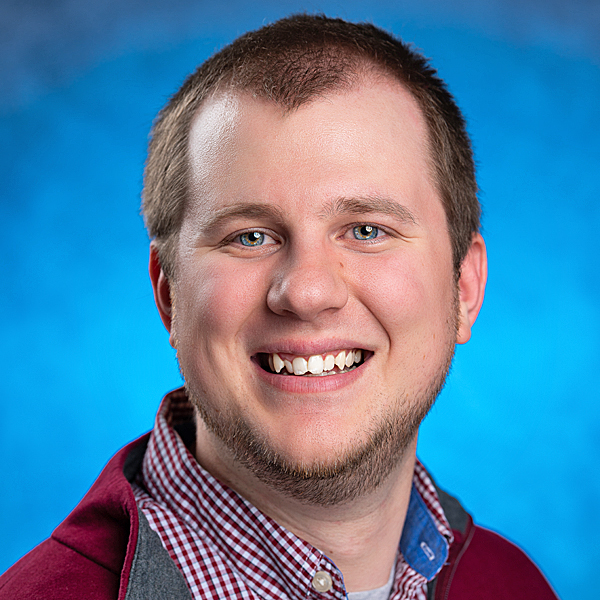Control Seminar
Identifying and Exploiting Structure in Process Systems Optimization and Model Predictive Control
This event is free and open to the publicAdd to Google Calendar

***Event will take place via Zoom. Zoom link and password will be distributed to the Controls Group e-mail list-serv. To join this list-serv, please send an (empty) email message to [email protected] with the word “subscribe” in the subject line. Zoom information is also available upon request to Katherine Godwin ([email protected]).
ABSTRACT: Computational optimal decision making tools are essential for ensuring that systems are designed, operated, and controlled in an economic and sustainable manner. Using optimization to make decisions for chemical and energy systems is particularly challenging due to the inherent presence of nonlinear process physics, both integer and continuous decisions, uncertainties in important parameters, and multiple relevant time scales. This challenge is most relevant for optimal model predictive control problems, which must be solved on the time scale of seconds to be practically implementable. This talk explores how structural insights on the underlying optimization problem can be identified and exploited to solve the problem more efficiently. The bulk of the talk addresses the method of decomposition, which solves large, computationally challenging decision making problems through a set of smaller, easier-to-solve subproblems, and its connection to the idea of distributed model predictive control. An algorithmic framework for automatically identifying easy-to-solve subproblems using community detection, a concept from network theory, is presented. The superiority of using community-based decompositions to solve optimization problems, compared to other intuition-based decompositions, is showcased through an optimal model predictive control case study. In the final part of this talk, we then introduce the concept of symmetry in optimization problems, and show some preliminary results which demonstrate how it is emergent in the optimal control problem for modular chemical and energy facilities. We further outline steps for which symmetry can be automatically identified and its effects mitigated.
BIO: Andrew Allman is currently an assistant professor in the department of chemical engineering at the University of Michigan, joining in fall of 2020. Previously, he worked as a postdoctoral associate at the University of Minnesota under the supervision of Prof. Qi Zhang. Prior to this, he obtained his Ph. D. in chemical engineering from the University of Minnesota under the guidance of Michigan ChE grad Prof. Prodromos Daoutidis (Ph.D ’91) in 2018 with a thesis entitled “Enabling distributed renewable energy and chemical production through process systems engineering,” and his B.S. with high distinction in chemical engineering with a focus in energy and fuels from Penn State University in 2013. His honors include the 2018 AIChE Computing and Systems Technology Director’s award for best student presentation, the 2019 FOCAPD Best Poster Contribution award, and two outstanding teaching assistant awards at the University of Minnesota. His research interests include developing theory and methods for the optimal design, control, planning, and scheduling of chemical and energy systems. He is particularly interested in applications in distributed and modular manufacturing, socially responsible engineering, power to chemicals systems, and ammonia production.
 MENU
MENU 
